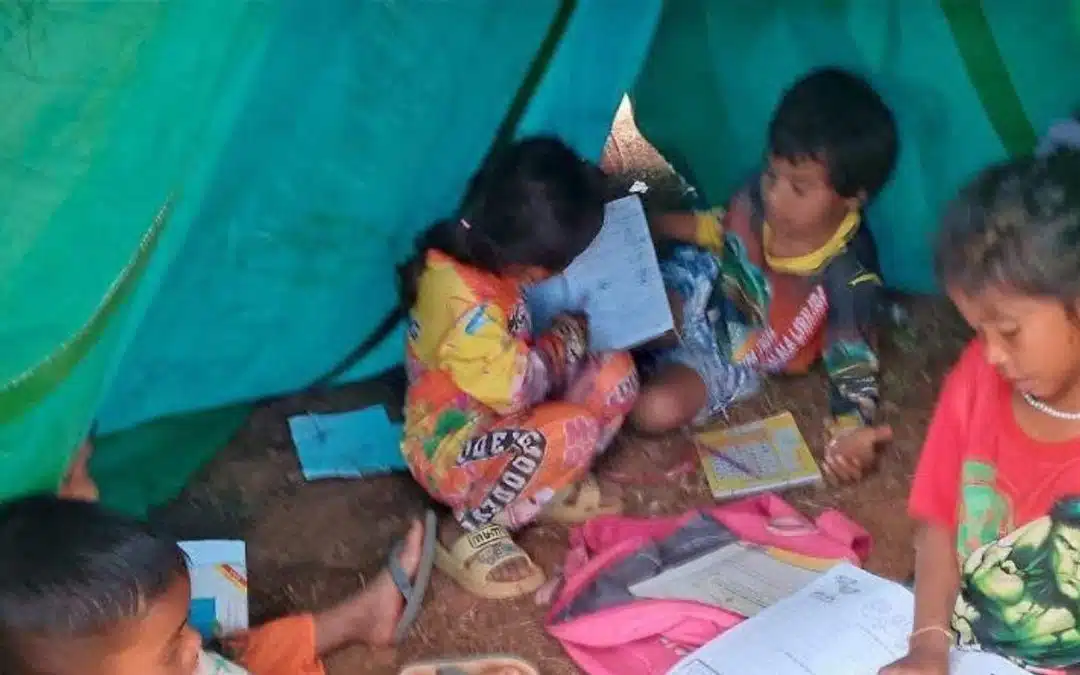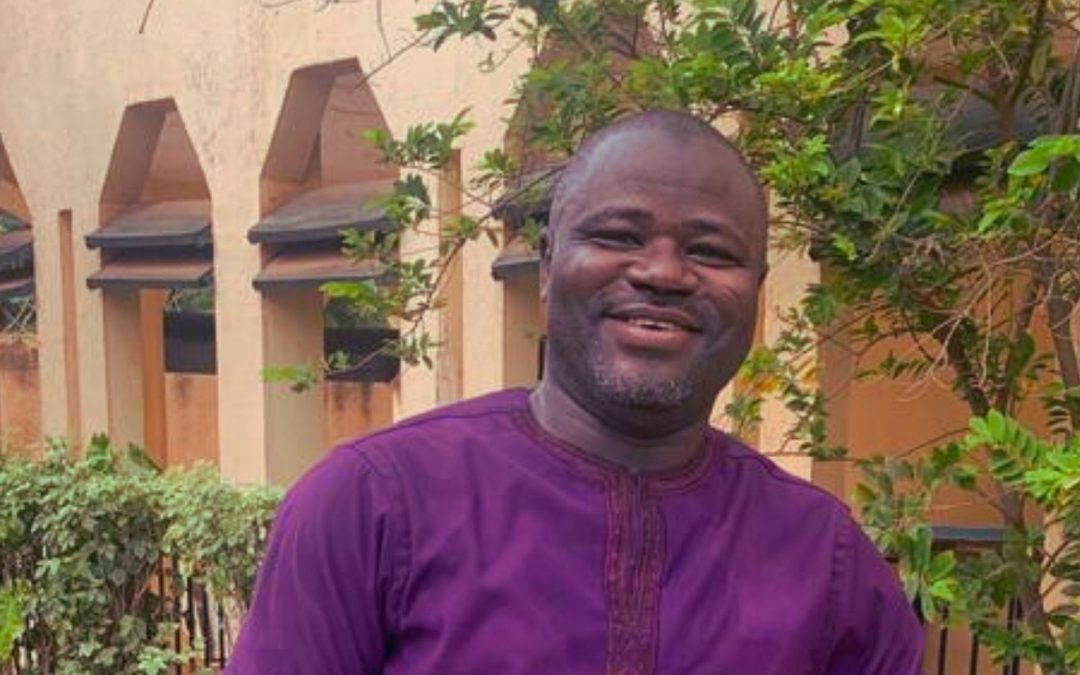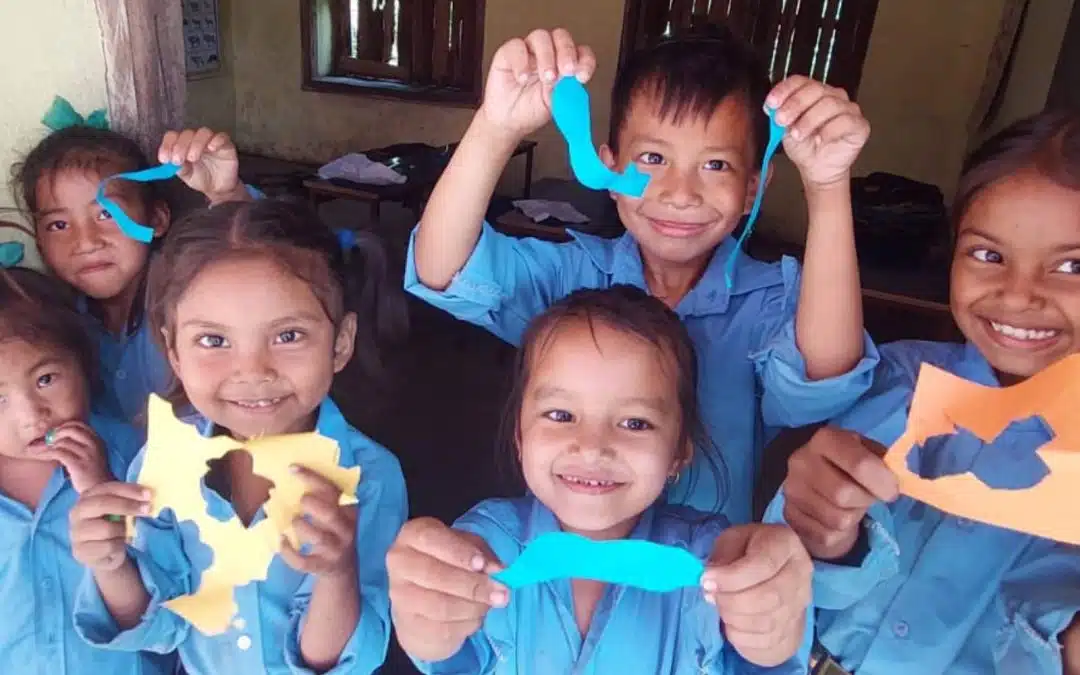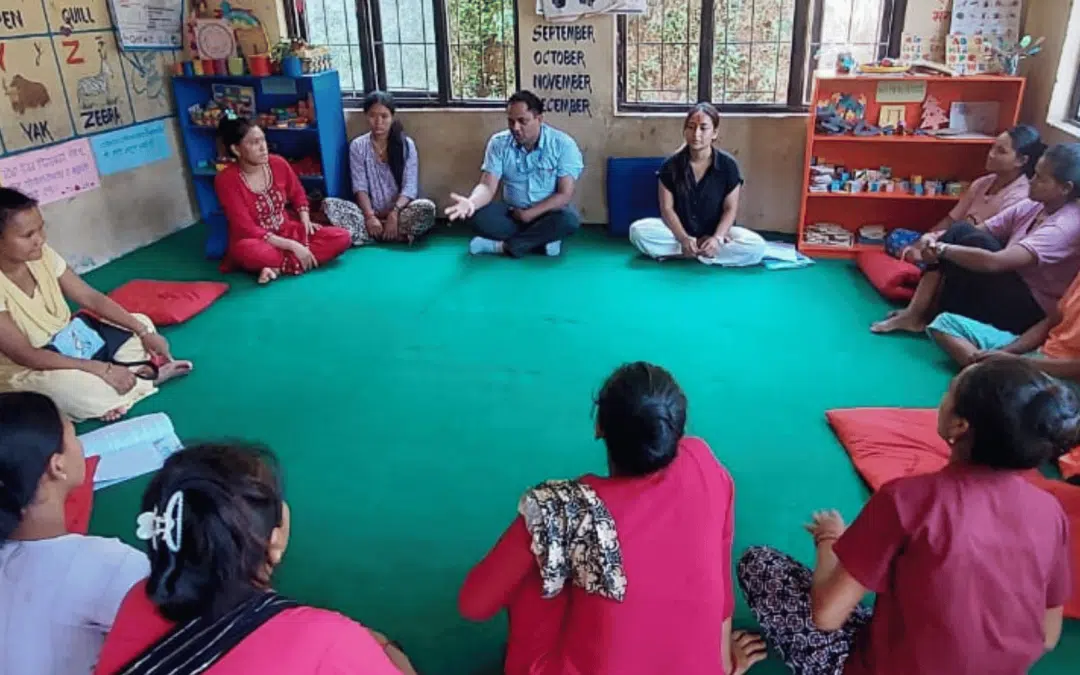On the occasion of the 9th edition of the Semaine de la petite enfance, Véronique Jenn-Treyer, Director of Planète Enfants & Développement, talks to us about the importance of caring for and awakening children from birth and the role of the association in this field.
-
Veronique, is Early Childhood Week an important week for you?
Indeed! From March 19 to 26, it is the 9th edition of the National Week of Early Childhood; an opportunity to put the spotlight on a crucial but still too neglected field.
-
Why is it important to invest in early childhood?
James Heckman, winner of the Nobel Prize in Economics, has shown that investment in early childhood is the most profitable for a country's development. When he says that a childcare worker has more social impact than a university professor, it is strong.
But why? Because the study of the brain shows that learning begins at birth, if not before. We know that the environment has a fundamental impact on the development of children's brains, from their very first days.
In concrete terms, a child who is malnourished, who experiences or even witnesses abuse, who is neglected, who is spoken to very little, is much less likely to develop his or her full potential. This is where the inequalities begin and where they are reproduced if no one intervenes.
That is why parents in the first place, as well as early childhood health and education services - which are determined by public policy - play a huge role in the development of children and the development of an entire country.
-
How does Planète Enfants & Développement play a fundamental role in the development of Early Childhood?
Since its creation 38 years ago, the association has surrounded itself with pediatricians, gynecologists, early childhood educators and psychologists so that our projects give children, from birth, every chance to develop well, to succeed in their schooling and to be the actors of tomorrow. We work to break the cycle of poverty.
We seek to have global actions: with our local partners, we strengthen parenting skills, we help mothers who are victims of violence, we push public policies to develop more and better health and education services. For example, in Cambodia and Burkina Faso, we are pioneers in the creation of professional training for the care of children aged 0-3 years and the creation of crèches accessible to all. The childcare assistants we are training in Cambodia were galvanized yesterday by the surprise visit of the Director of Early Childhood at the Ministry of Education. He told them that he was counting on them because they would change the future of Cambodia. Isn't that nice?
In 2022, all our actions will reach nearly 15,000 children, and we plan to start new projects with our partners in India and Togo.
-
Do you have a story or a memory of a child who benefited from one of our projects?
An encounter that touched me a lot: in Ouagadougou, I had the chance to hold in my arms a 3-month-old baby who was born while his mother was attending the childcare training that we created. His mother had cried to return to the training with her one-day-old baby. And when I met her, she was a childminder in her village, proud of her diploma and her job, proud of her child to whom she was giving all the care she had learned. And I was very proud that Planète Enfants & Développement was at the base of the construction of this great story.
-
In your opinion, is there enough emphasis on Early Childhood?
Everyone attaches importance to it, no one contradicts the conclusions of researchers in this field. But the means are still very insufficient, especially in the countries where we work. We advocate for early childhood to have a specific and major part in development aid.
-
Why did Planète Enfants & Développement invest in Early Childhood?
Forty years ago, there were elementary school but hardly any nursery schools in the countries where we work. Many children from poor families had difficulties to attend elementary school. School failure, drop out, work at 10, poverty again .... We have therefore started from the beginning to create nursery schools. We continue because there is a lot to do, but we go further because in the last ten years, society has changed a lot in the countries where we are. Women are working or wish to work, young girls are going to school... in short, families need services to look after their children, and they expect them to be safe and well cared for. This is our new challenge.
> Learn more about our mission for the development of Early Childhood
> Learn more about the Early Childhood Week










